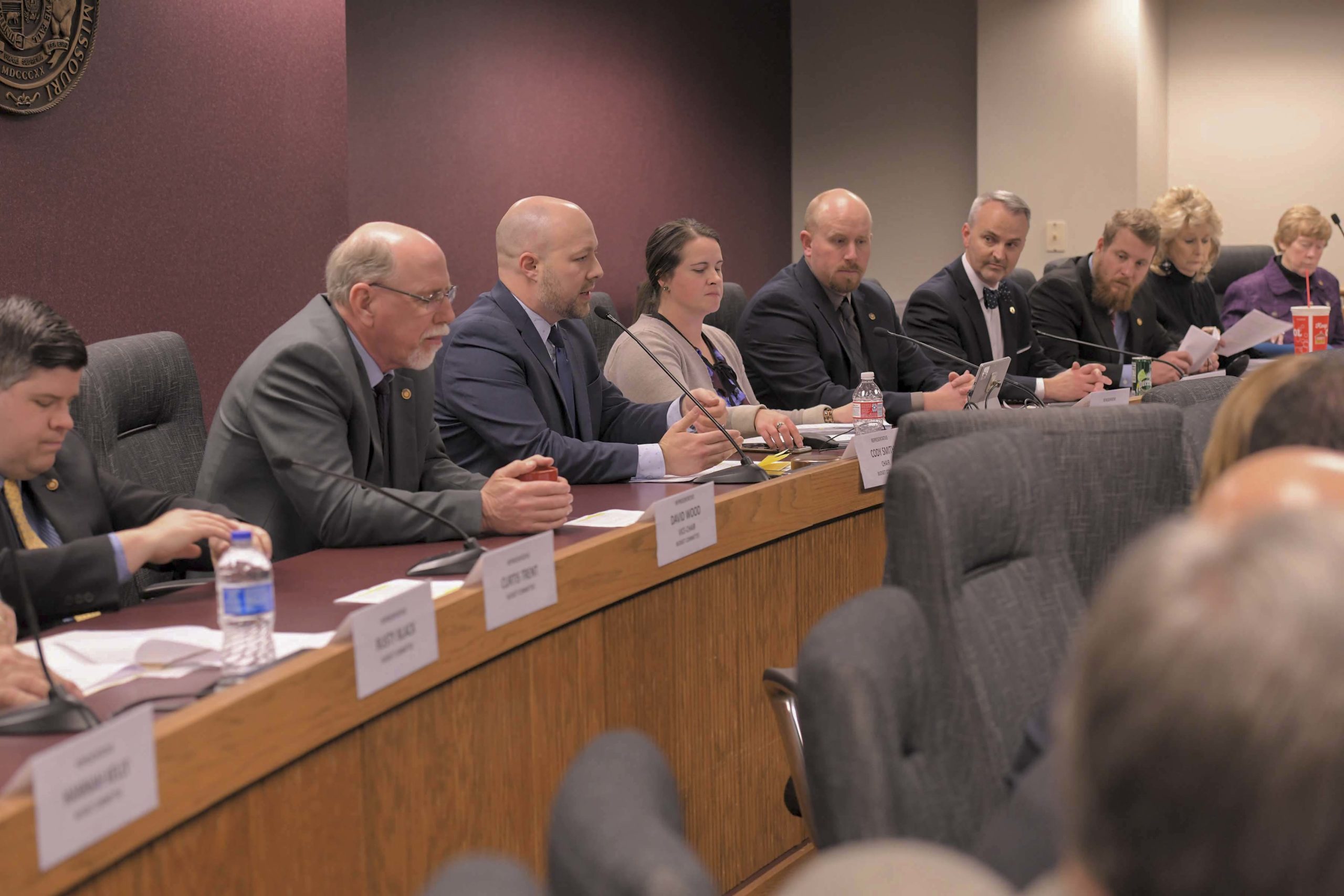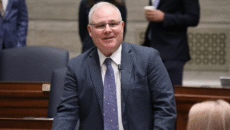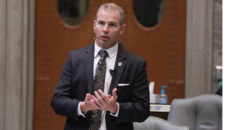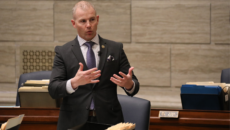JEFFERSON CITY, Mo. — The state budget is an important issue in every legislative session. This year, as the Senate stands adjourned for legislative spring break a full week early, the House Budget Committee is working to pass appropriation bills before taking its own break.
With the ongoing concerns surrounding COVID-19 impacting various public gatherings and events as well as state operations, the structure of this year’s legislative session is different than that of a typical year. Here’s how the multi-billion-dollar state budget is passed in a typical session.
Budget funds are allocated from multiple sources, including the federal government, state taxes, and general revenue. Revenue being diversified in this way allows the state more stability in funding. The committees at play must consider past budgets and expected economic changes for the coming fiscal year in order to create a solid spending plan for the year to come.
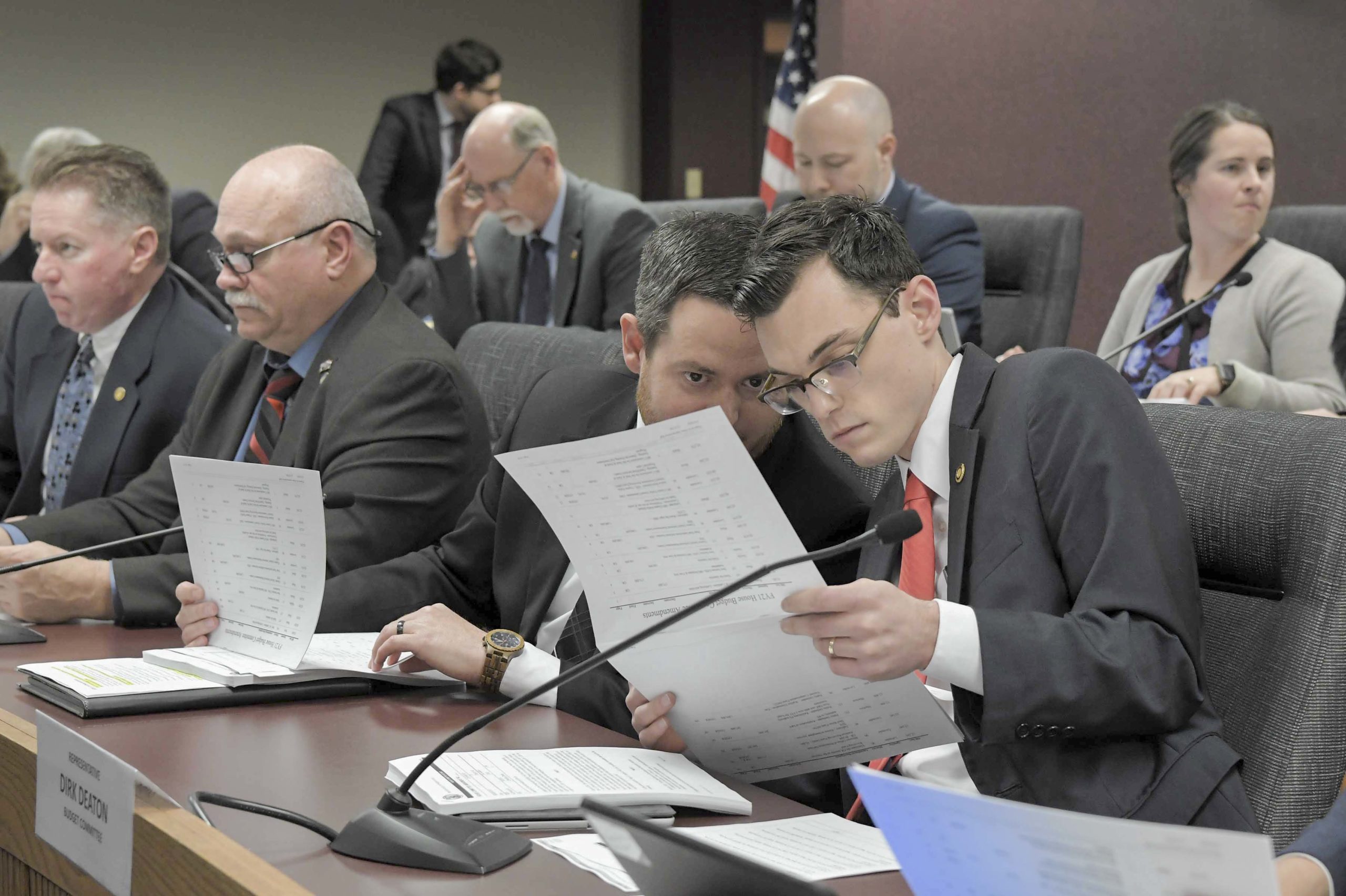
Budget discussions begin before session even starts. Various state departments, such as the Department of Elementary and Secondary Education and the Department of Corrections, put in budget requests to the Office of Administration from summer to October of the year prior. These requests are reviewed by the Office of Budget and Planning, as well as the governor.
In the House, the chairman of the Budget Committee introduces various appropriations bills on the floor at the start of session. These bills are referred to the House Budget Committee and split among various subcommittees that discuss specific department budgets from previous years, as well as recommendations for the coming year. The full committee then goes over and accepts, amends, or rejects each of these individual proposals.
Typically in March, the Budget chair presents the entire budget to the House for amendments and passage.
Next, the House bills are passed to the Senate Appropriations Committee to amend and pass through committee and the Senate floor in a similar fashion. This leads to a joint committee of select committeemen from both chambers to reach a compromise between their respective versions of the budget. The entirety of the House and Senate then vote to pass the Conference Committee version of the budget before sending it on to the governor. This joint version of the budget must be approved by the body by one week before the session’s end in May.
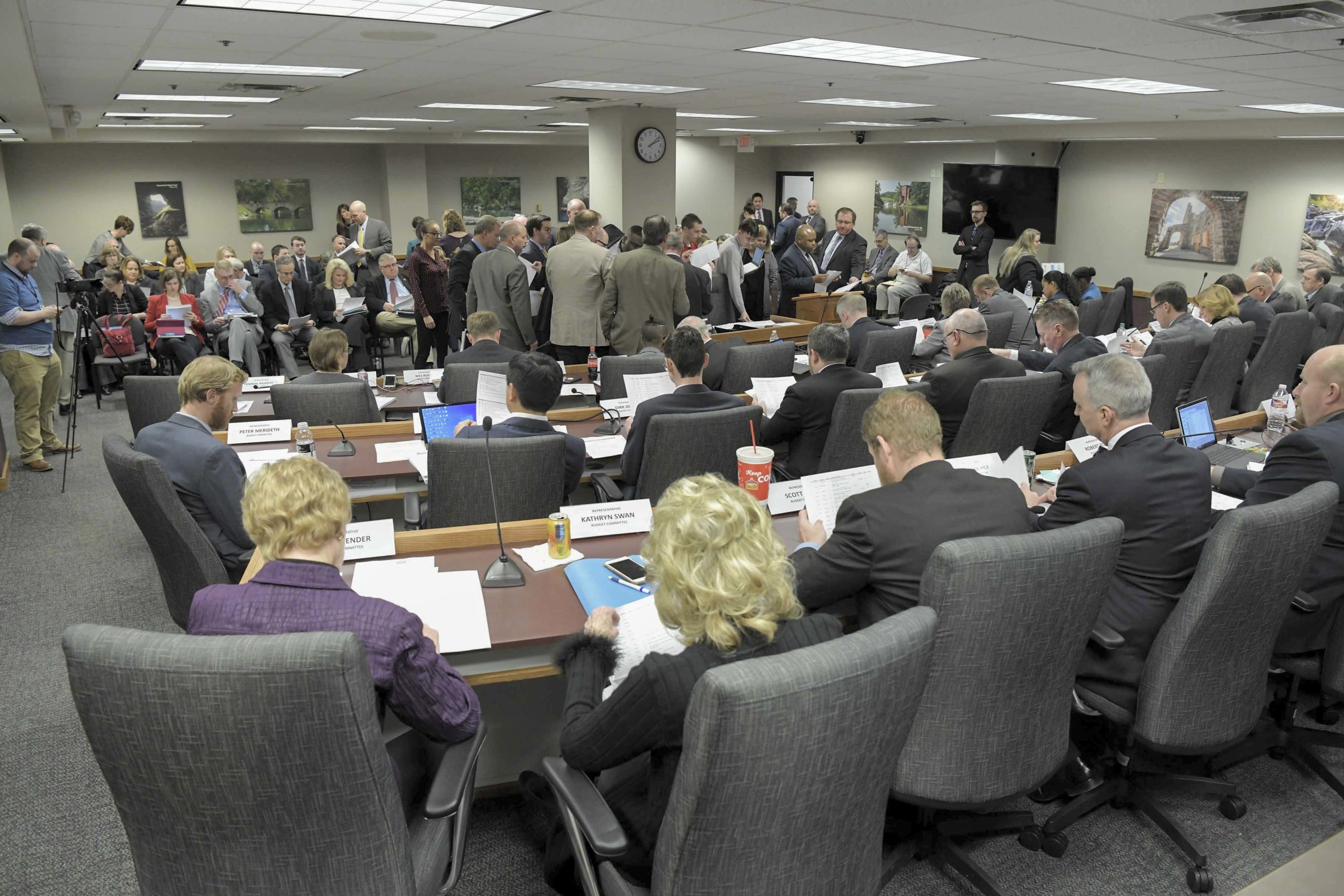
The governor has until July to sign budgets into law, veto or line-item veto, and allow items to become law without a signature. The body then reconvenes in September for a veto session to consider an override of the governor’s vetoes and finalize the budget.
So far this session, the House is on track with the first part of the budget process — even with the threat of coronavirus looming. This week, the Budget Committee met on Sunday with the expectation that the House will convene as a whole on Wednesday to amend and pass its version prior to taking its legislative spring break next week.
The Senate will likely convene to approve their version after the break, with the budget being the legislature’s top priority as public unease with the COVID-19 virus continues to rise.
Missouri Gov. Mike Parson has declared a state of emergency and a growing list of state functions are being impacted. How this will affect the remainder of session, as well as the state’s economy, has yet to be seen, but lawmakers are assessing the possibilities and working to prioritize this session’s budget concerns.

